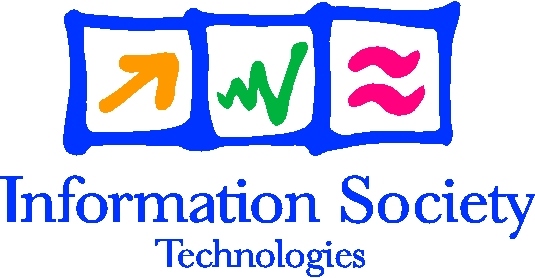Information Systems like the physical Internet, the World Wide Web, telephone networks, mobile ad-hoc networks, or peer-to-peer networks have reached a level that puts them beyond our ability to deploy them, manage them, and keep them functioning correctly through traditional techniques. Reasons for this are their sheer size with millions of users and interconnected devices and their dynamics; they evolve dynamically over time, i.e., components change or are removed or inserted permanently. For such systems, we have to abandon the goal of global optimality. Within DELIS, we therefore concentrate on developing self-regulating and self-repairing mechanisms that, on the one hand, are decentralized, scalable, and adapt to changes in their environments. On the other hand, these decentralized mechanisms have to lead to a globally acceptable behavior, avoiding undesirable ortd unstable situations. We believe that the combination of insights from statistical physics, market mechanisms, and biological and social behavior with advanced algorithmic research in Computer Science is the right combination of expertise necessary to develop methods, techniques, and tools to cope with such challenges imposed by large scale information systems, and to contribute to the world-wide effort in complex systems research towards understanding the principles necessary to manage such systems.
Project related publications
The publication database is powered by Aigaion - A PHP/Web based management system for shared and annotated bibliographies. For more information visit Aigaion.nl. |
| Publications |
|---|
| On-going projects |
|---|
| Software & Systems |
|---|
-
Search
-
Quick Links


